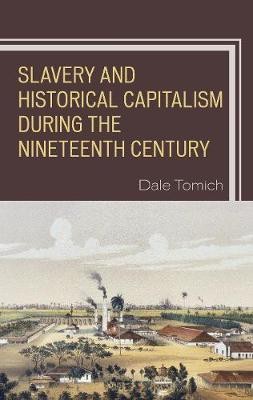Slavery and Historical Capitalism during the Nineteenth Century(English, Hardcover, unknown)
Quick Overview
Product Price Comparison
This book examines the historiography of nineteenth century slavery from the perspective of the "second slavery." The concept of the second slavery emphasizes the relationship between local histories and world-economic transformations. It breaks with conventional narratives of slavery by emphasizing the expansion of reconfigured slaveries in extensive new zones of commodity production in Brazil, Cuba and the US South as part of world-economic processes of decolonization, industrialization, urbanization, and the creation of mass markets. Thus, slavery was not a moribund institution. Capitalist modernity, liberal ideology, and anti-slavery from above or from below, faced a vigorous foe that operated within the very economic, political, and cultural premises of the changing 19th century world. This perspective offers an original approach to the history of slavery. It has opened up vigorous debates over slavery and anti-slavery, Atlantic history and capitalism. An international group of scholars critically engage older traditions of scholarship on Atlantic history, the economic history of slavery, and the history of slavery in Cuba, Brazil, and the United States from the perspective of the second slavery. Each chapter reinterprets its subject matter in a way that opens out to dialogue between national historiographies and to a reformulation of Atlantic and world-economic history. This collection of essays contributes to the development of a more productive conceptual framework for the reconstruction and reinterpretation of the historical relation of slavery and world capitalism during the nineteenth century.


